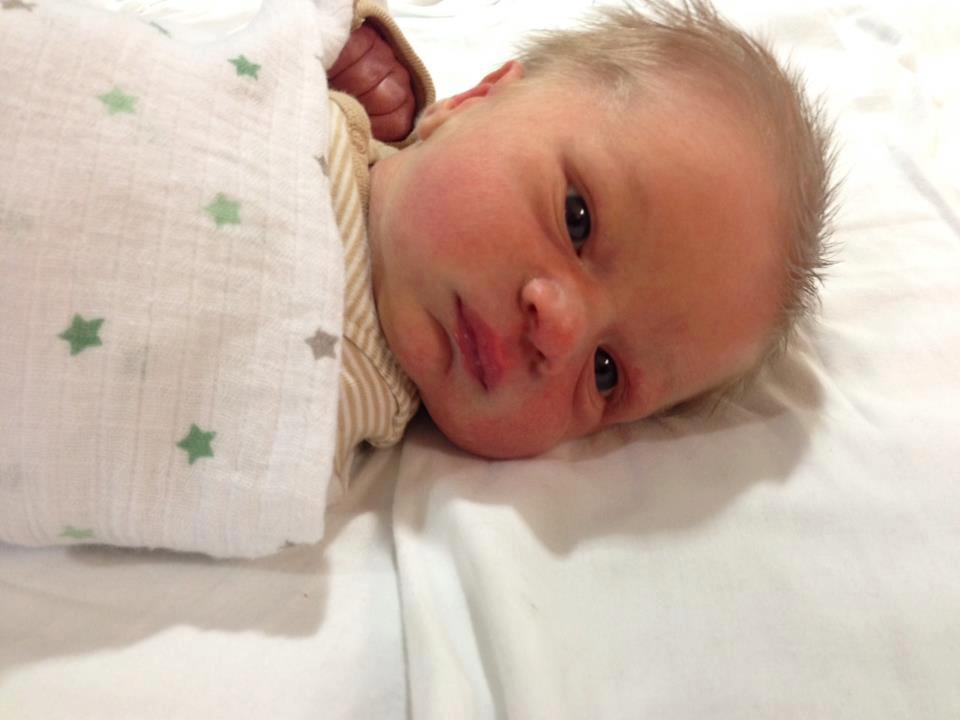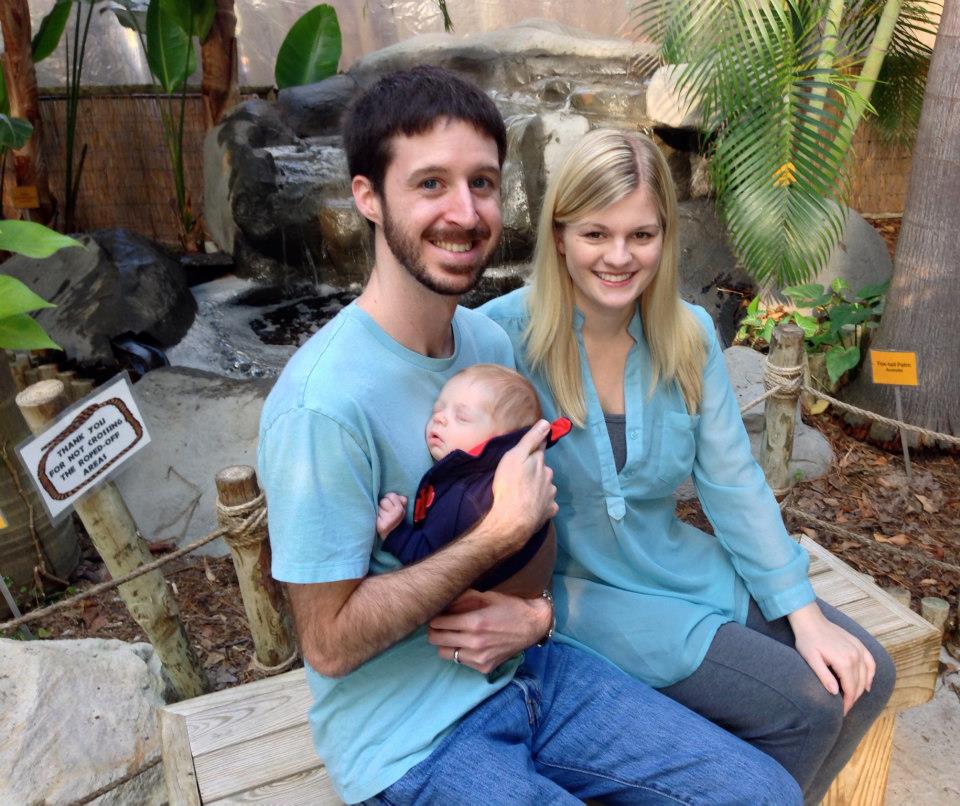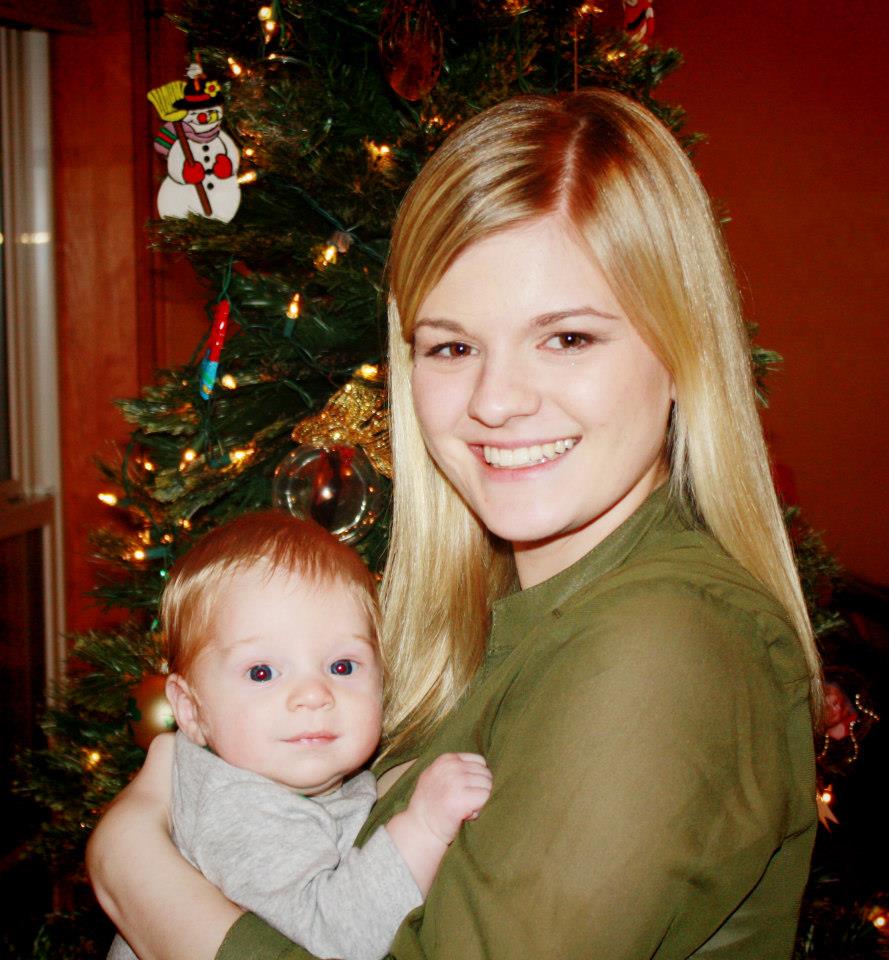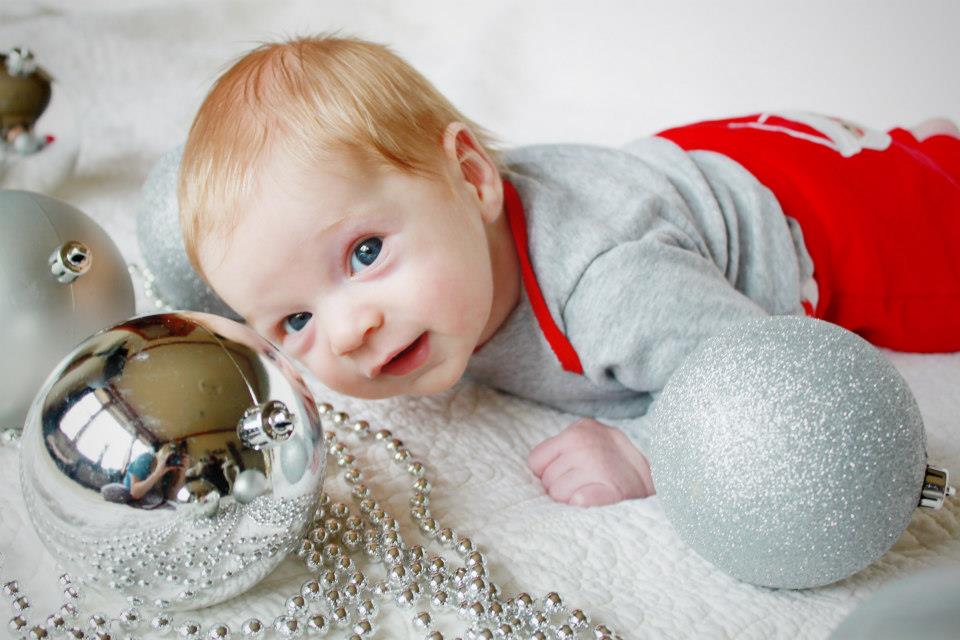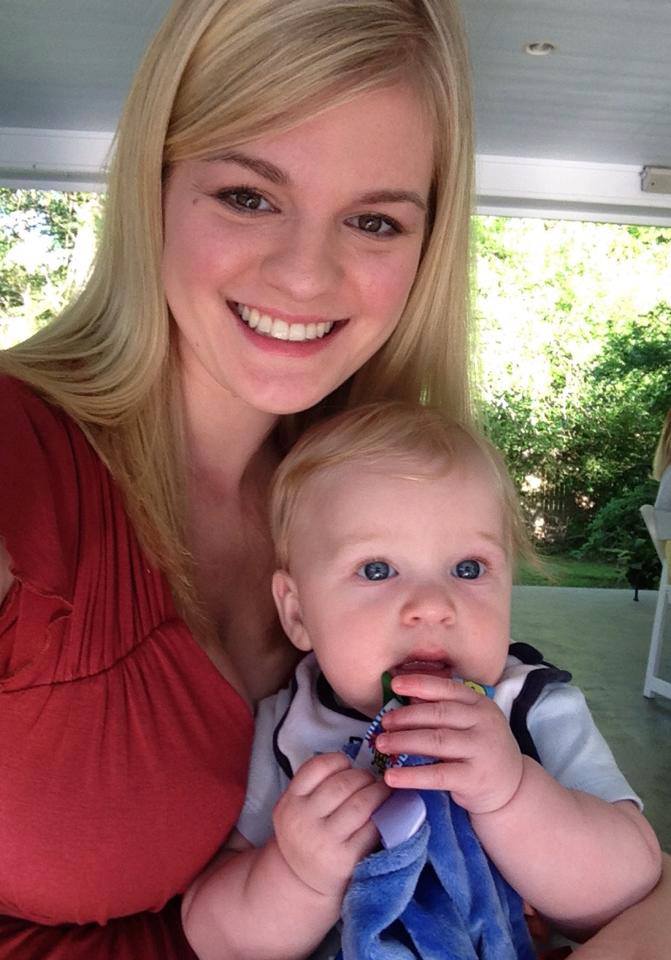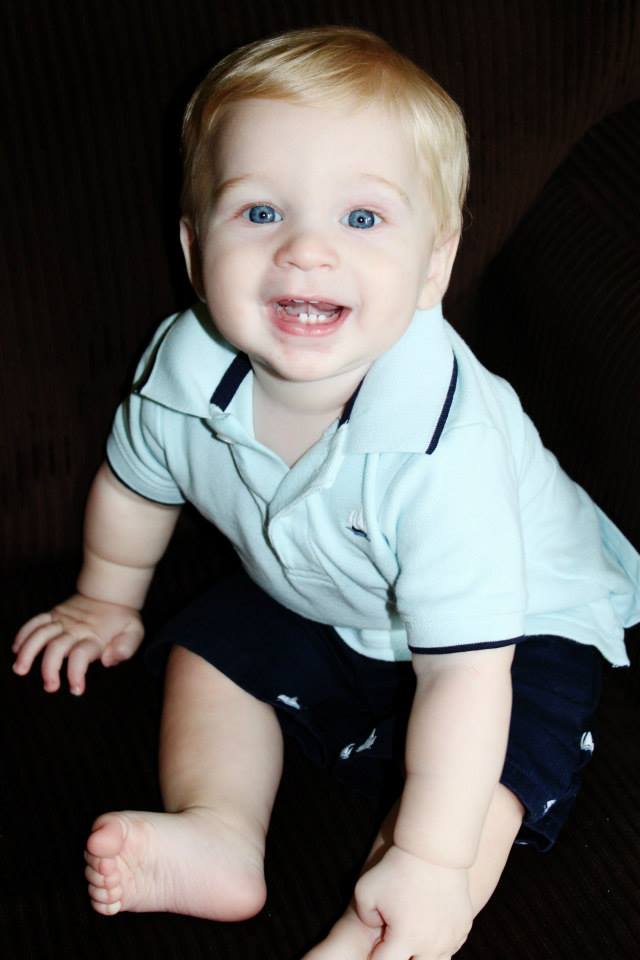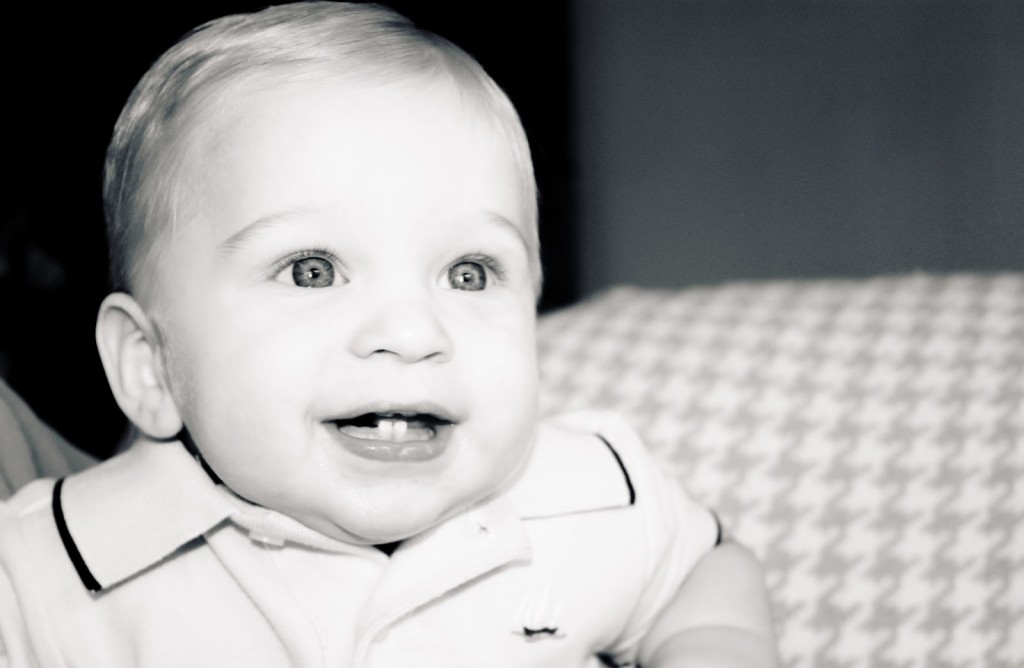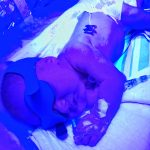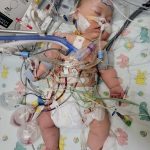By Chasity
After my failed natural birth, all I wanted to do was hold my son in my arms and breastfeed him. I wanted to be my son’s sole nutritional provider. I wanted to feel the inseparable bond that breastfeeding mothers talked about. I wanted my heart to warm as my son gave me a milky smile. I wanted my son and I to have the health benefits of breast milk. Breast milk is easier to digest, and lowers the risk of respiratory infections, asthma, obesity, type 2 diabetes, and skin diseases. It also lowers the mother’s risk of ovarian and breast cancer (both of which I have a high risk of getting). While I was pregnant, I watched breastfeeding videos and went to Le Leche League meetings. In my mind, there was no way breastfeeding was not going to work out for me.
After my C-section I had to stay in the recovery room for an hour. Then they rolled me into my room and brought me my son. He was the most beautiful baby I had ever seen. With blonde hair and blue eyes he looked like the cherubs painted in church nursery rooms. I brought my son to my breast and he started eating. I winced in pain but I struggled through it. It will get better, I kept telling myself. Throughout the night the nurses kept waking me up to get me to roll over and change my catheter. While I was awake, I would have the lactation consultant come into my room and help me latch my son. I wanted to make sure that I was doing everything I could to ensure breastfeeding worked out. I wanted to make sure that he was eating enough and that my breasts were getting enough stimulation. In the two days that I was in the hospital, I had the lactation consultant come into my room too many times to count. I wanted to make sure that I was learning all the holds and latching techniques that I could. I was eating to make sure that I was getting enough calories and I was drinking a lot of water to make sure that I was getting enough liquids. My breasts were engorged and on paper everything was going the way it should. However, every time my son ate I cried. My nipples were not cracked, but the pain felt like my breasts were on fire.
“It is normal,” the lactation consultant told me. “Your nipples just have to toughen up. It will be better in a couple of weeks.”
“Okay,” I said, weakly.
I went home and continued breastfeeding. I called my local Le Leche League leader after a couple of days to find out why it was still burning. The Le Leche League leader told me that Benjamin was latching properly and did not have lip tie. I was discouraged but kept on breastfeeding. I dreaded my son eating. It brought me to tears. I would hear my son cry because he was hungry and I would instantly panic. I did not want to feed him. It would be 40 minutes of hell. I used nipple creams, massaged my breasts, and did anything I could to make my breasts feel better.
After three weeks of breastfeeding, I had gone to three lactation consultants. The last lactation consultant I went to said I had a rare hormonal imbalance. She said that it was extremely unusual and made it burn to breastfeed. This made me cry. I sobbed. Of course I had the rare hormonal imbalance. There was a low chance of getting PUPPS while pregnant. I had that. There was a low chance of my natural birth failing. That happened. Now this. I could not take it. I felt like a complete failure. My body was not working right, and I felt like I failed my son.
“Formula is not that bad,” the lactation consultant told me.
“He is not getting formula,” I said through gritted teeth. “I am fighting for him. For me. We are going to do this. I got formula and I have eczema and high rates of breast and ovarian cancer. If I can help reduce my son’s likelihood of eczema than I’m going to. For years I cried myself to sleep because the itching was so bad from eczema. That’s not happening. Even if breast milk will just help lessen the severity of his eczema. It is not an option.”
“I do not know what to tell you,” she said.
I left her angry. At her. At God. At myself. I wanted to curl up in a ball and die. Everyone around me was saying that formula would not be that bad. That is was okay if breastfeeding did not work out. My husband was the only one who encouraged me to make it through. I went online looking for answers, and I found a community of exclusive pumpers. These women pumped for 3, 6, 9, 12 months! These women were able to give their babies milk. For the first time in a month I was encouraged and happy. I was excited.
For hours I read everything I could about exclusive pumping. My mother-in-law went to Target to get me a pump. Every two hours for the next three months I pumped. My body worked! Milk was plentiful! I produced 50 ounces a day! I was able to become a milk donor and help mothers who were unable to produce enough milk for their babies. I felt like my body could finally do something right. The nights were hard and sleepless. I was constantly tired, but I was determined. Everything I did had to be scheduled around my pumping. I pumped in the car, in my college classes, and anywhere else I had to. I had no shame. Hell, I was proud. I was proud that my son was getting breast milk. Screw anyone else who thought negatively of what I was doing!
After four months of pumping, I started pumping every three hours. At ten months, I pump five to six times a day. I sleep through the night and pump accordingly during the day. My son has exclusively received breast milk for these nine months. I have been able to donate over 1,800 ounces through Human Milk 4 Human Babies. Exclusively pumping made me love my body again, helped me heal from postpartum depression, and has helped me have a healthy boy. He has always been above average in weight, height, what he does, and he has yet to get sick.
Exclusive pumping is not an easy journey. There are a lot of sleepless nights, times that you do not want to pump, and times you hate being tied to a machine. But I look at my son and it is all worth it. I do not regret my decision one bit. I hope with my next baby that breastfeeding will work out, but I know that if it does not that exclusively pumping is a viable option.

